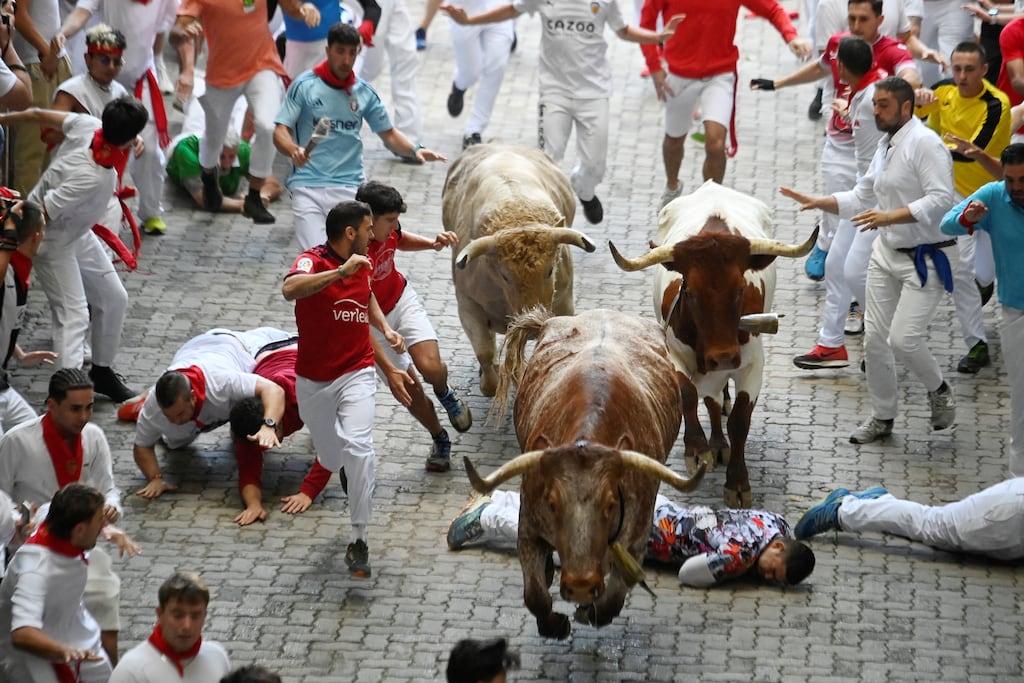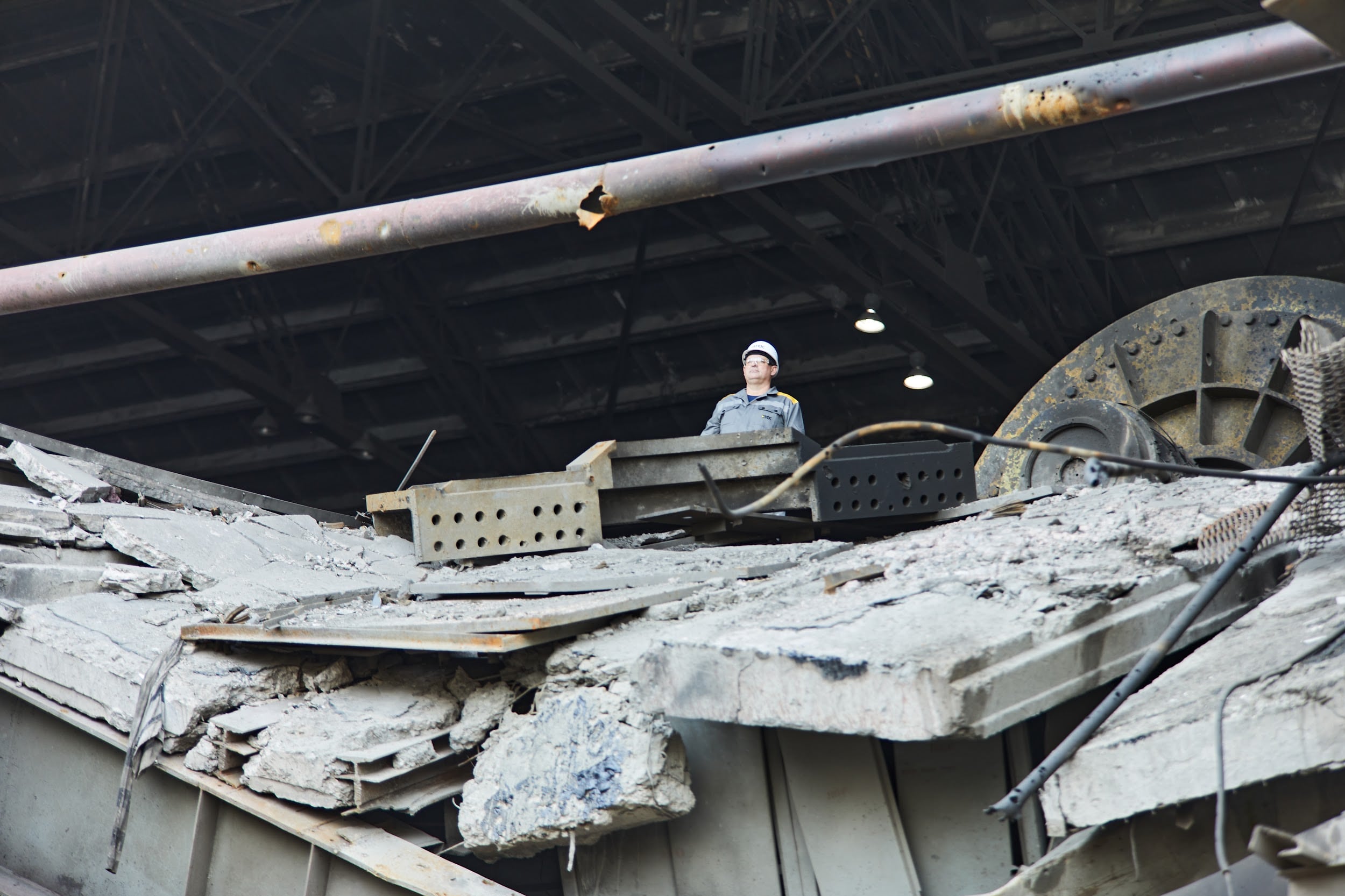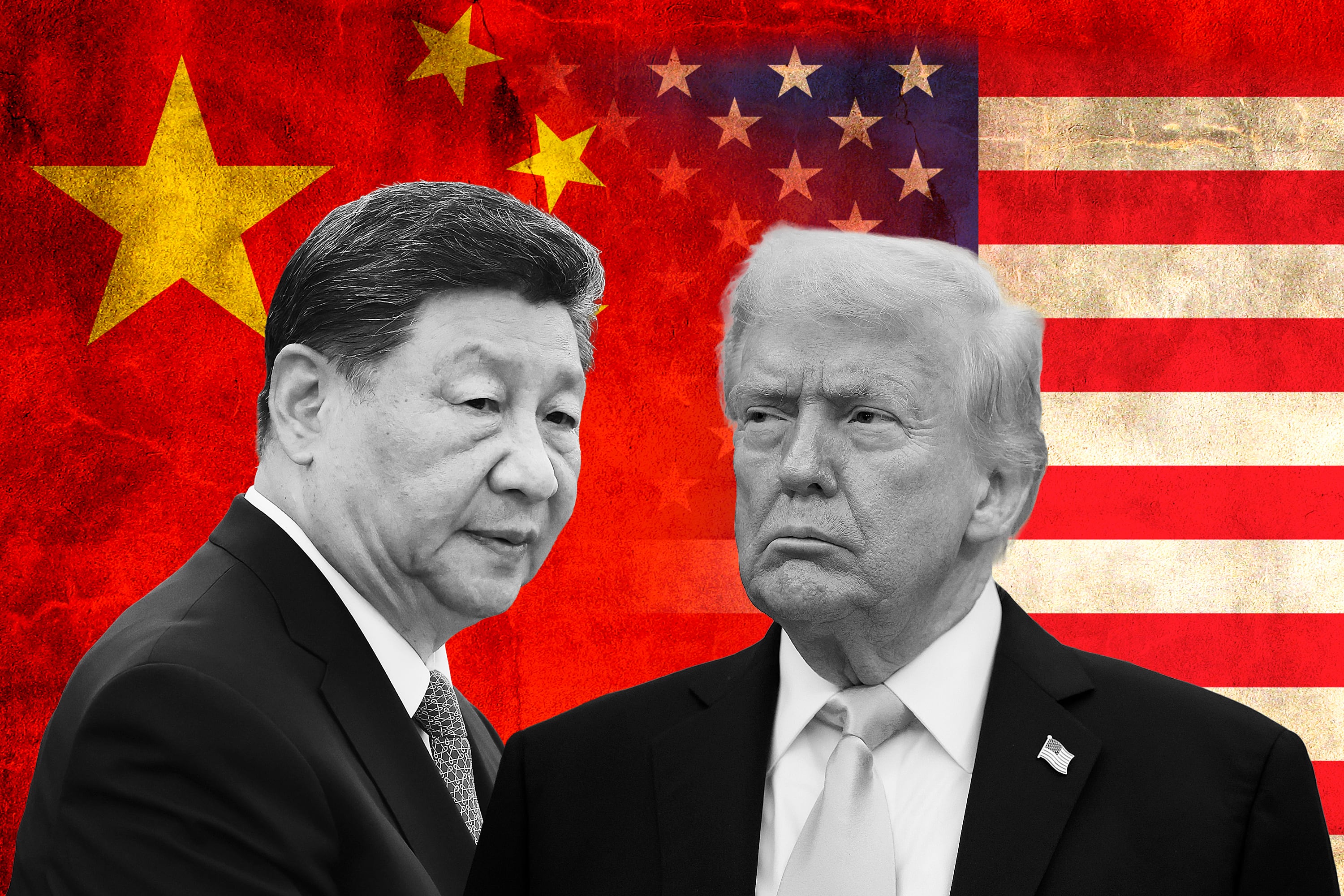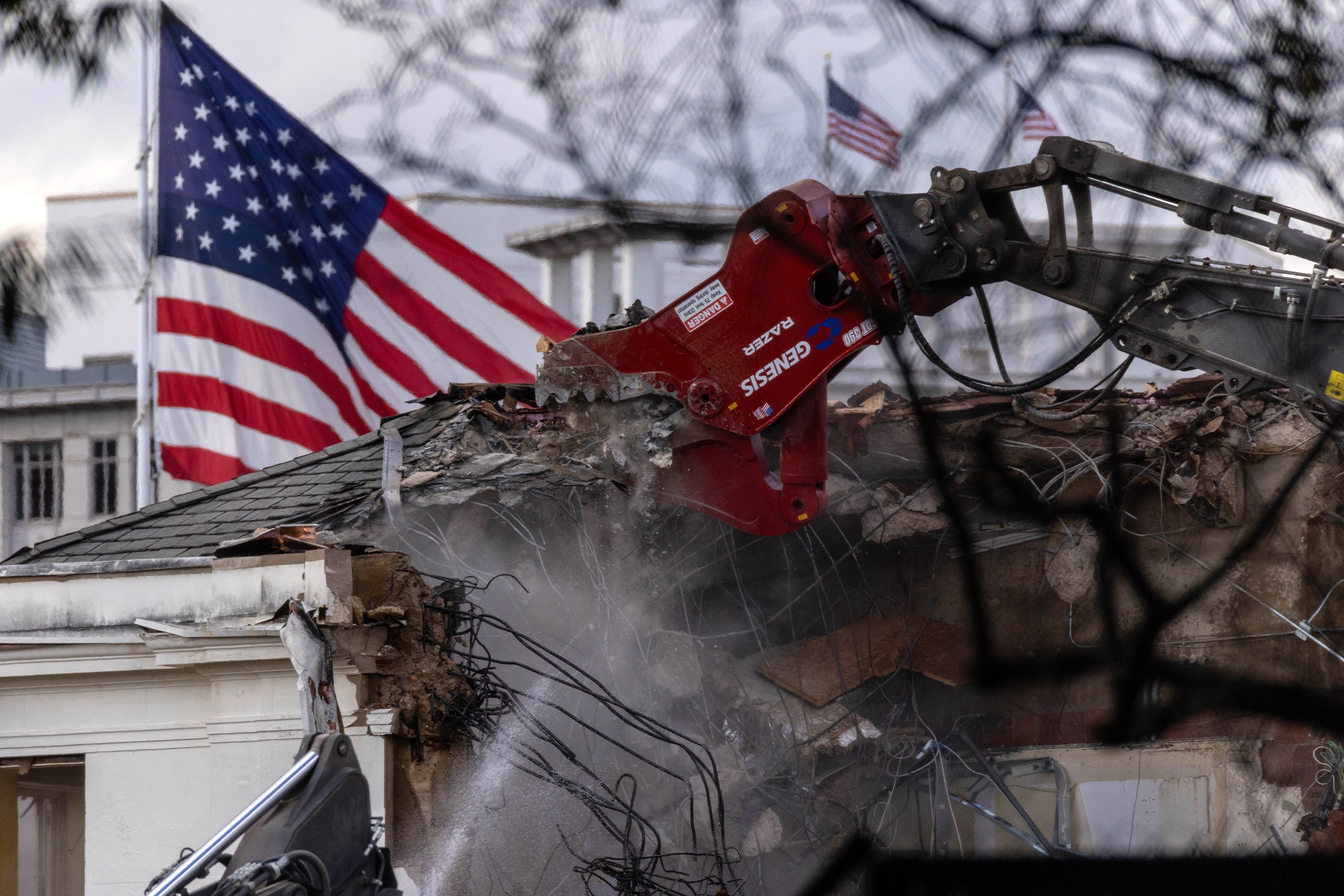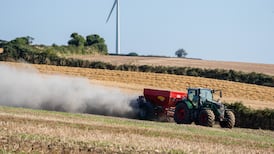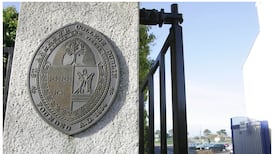The future of bullfighting in Spain’s Basque Country has come under scrutiny following a summer of animal rights protests and intense political debate about the issue.
Bullfights and bull-running festivals are a well-established tradition in the northern region and neighbouring Navarre, which many regard as part of the greater Basque homeland.
The Basque cities of Bilbao and San Sebastián stage bullfighting festivals each summer and Pamplona, in Navarre, holds the San Fermín festival, in which bull-running takes place each morning on the city’s streets and bullfights are held each evening.
Protesters gathered outside Bilbao’s bullring as people entered last month to watch a bullfight during the Aste Nagusia festival, shouting slogans such as “Torture is not culture” and “No tradition above reason”.
READ MORE
Although animal rights demonstrations have long been integral to the festivities in Bilbao, this summer’s turnout was bigger than in recent years.
It also followed a protest by some of the city’s public transport workers, who objected to the summer bullfights being advertised on the side of trams.
“In the same way that sexist, racist or hatred-inciting advertising is not allowed, nor should the promotion be allowed of activities that go against people’s feelings and against animal welfare,” said the LAB workers’ union.
The tram company, Euskotren, insisted that the advertisements, which consisted of images of bullfighters, did not include material that might be deemed offensive. However, the union said that “numerous studies show that the majority – particularly young people and working people – reject these practices and demand spaces that are free of violence.”
A recent poll carried out by the BBVA Foundation indicates that the union was broadly right: 77 per cent of Spaniards oppose the use of animals for activities such as bullfighting and 85 per cent opposed their use for “entertainment in local festivities” such as bull-running.
Another activity which has come under increasing pressure from animal rights activists is the Asto Probak festival in Leioa, near Bilbao, in which donkeys are made to drag heavy slabs along the street.

There were also protests in San Sebastián, as that city’s bullfighting festivities got under way last month.
The issue has spilt over into the political sphere, highlighting the varying stances parties have on bullfighting and related festivities.
In Bilbao, the left-wing pro-independence EH Bildu coalition has called for the future of bullfighting in the city to be discussed. When EH Bildu controlled city hall, between 2012 and 2015, it banned the activity before the following administration reinstated it.
The coalition, now in opposition, has argued that dwindling numbers of attendees at this year’s event “makes it clear that the people of Bilbao do not want bullfights”.
Approximately 12,000 people attended the final bullfight of the festival, in a bullring that has a capacity of 14,000.
The centre-right Basque Nationalist Party (PNV), which heads Bilbao city hall and tends to be more supportive of bullfighting, has said it understands the calls for a new ban but that this is a debate that should not be taking place merely at a local government level.
It has also pointed to what it sees as hypocrisy on the part of EH Bildu, which governs a number of towns where bullfighting remains popular.
“Wherever they govern, there’s no rush,” said Joseba Díez Antxustegi, the PNV’s spokesman in the Basque parliament. “Wherever anyone else governs, it’s [ban it] right now.”
The debate is particularly uncomfortable for EH Bildu in Pamplona, where it controls the city hall; the bullfights there during the San Fermín festival in July are among the most high-profile of the year in Spain. The mayor, Joseba Asirón, attended one of them this year – although he was jeered and insulted by many of those present because of his coalition’s politics.

Asirón has tended to choose his words carefully when asked about the possibility of banning bullfights at the festival, which is famous worldwide, having first been popularised by Ernest Hemingway.
“The San Fermín festival is and always will be what the people of Pamplona want and nobody is going to introduce a ban just with a decree or the stroke of a pen,” he said in advance of this year’s festivities. He did, however, add that there should be “a debate about what it should and should not include”. To that end, city hall is in the process of carrying out a detailed survey on attitudes to different aspects of the event, including bullfighting and bull-running.
However, resistance to such initiatives is stiff, particularly on the political right, which tends to defend bullfighting. Some conservative regional governments, such as that of Madrid, have been strident in celebrating and subsidising los toros, and the right in Pamplona takes a similar view.

“There has to be a scrupulous respect for the religious sentiment of the festival and bullfights and bull-running are what make these fiestas internationally known,” said Cristina Ibarrola, of the conservative Union of Navarran People (UPN) party.
Her comment underlined not just the emotional significance of San Fermín but also its economic impact. In 2022, although the fallout from Covid-19 was still being felt, the festival brought €163 million into Pamplona.
